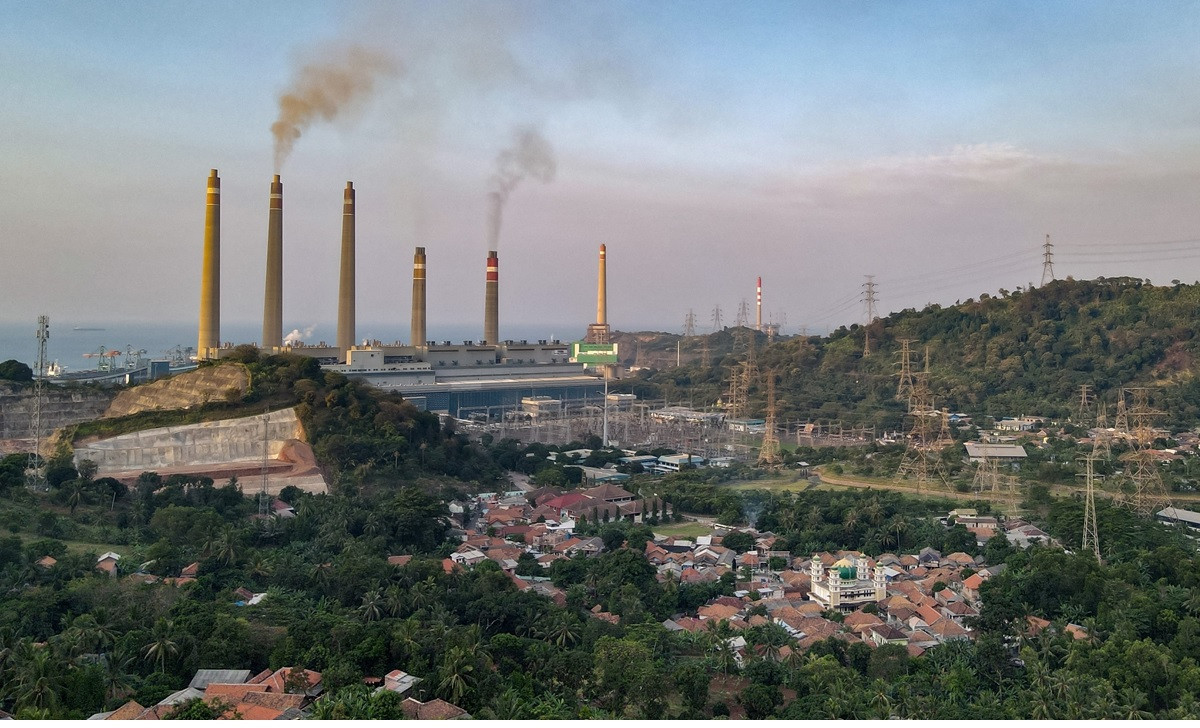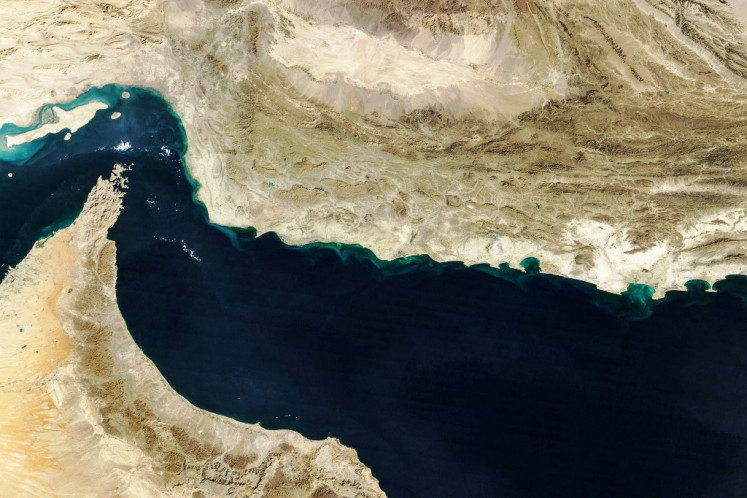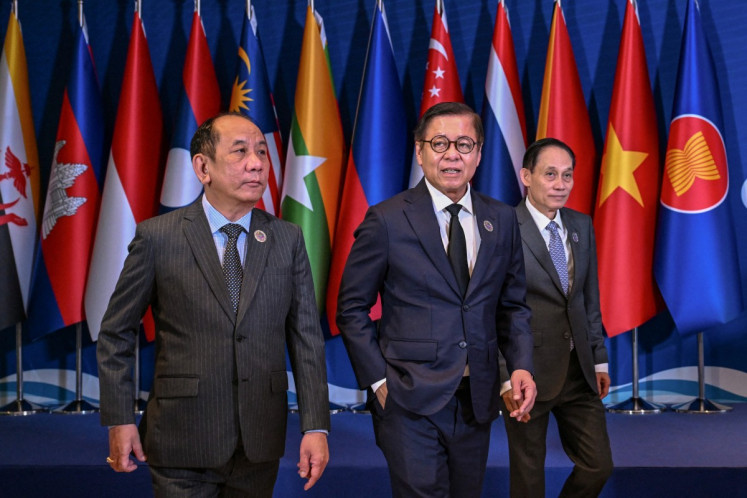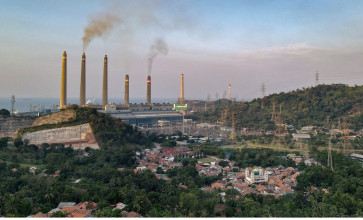Popular Reads
Top Results
Can't find what you're looking for?
View all search resultsPopular Reads
Top Results
Can't find what you're looking for?
View all search resultsJust energy transition to help us achieve independence
While common Indonesians struggle to meet their energy needs during the global energy crisis, fossil fuel companies and the small group of coal business elites enjoy lucrative profits.
Change text size
Gift Premium Articles
to Anyone
Indonesia recently celebrated its 78th independence anniversary, a relatively mature age for a country to grow and achieve its founding goal of advancing public welfare.
The energy sector plays a pivotal role in determining the country’s welfare. There is no people’s prosperity without energy security and inclusive access to energy. However, to this day, this mission remains very far from realization, primarily as Indonesia still depends on fossil fuels to fulfill its energy needs.
In the electricity sector, 88 percent of Indonesia’s electricity comes from fossil fuel combustion. Furthermore, Indonesia’s coal-fired power plants’ capacity grew by 44 percent from 2017-2021, the worst among the Group of 20 countries. It is a big hindrance for Indonesia in achieving its independence mission to advance public welfare.
That is why Indonesia needs to radically reform its energy sector.
The first element needing radical reform is the significant allocation of subsidies and compensation from the state budget to keep fossil fuel prices low. In 2022, amid the global energy crisis that triggered fossil fuel price hikes, the Energy and Mineral Resources Ministry noted that the realization of energy subsidies and compensation budget for state electricity company PLN and state oil and gas company Pertamina surged to Rp 551.2 trillion (US$36 billion), which equals one-fifth of the total state revenue and became a huge burden on the state during the pandemic period.
In 2023, the Finance Ministry allocated Rp 339.6 trillion in subsidies and compensations for the energy sector, with Rp 210.7 trillion for the subsidies and Rp126.0 trillion for the compensation directed to PLN and Pertamina.
Those figures are far bigger than the state budget allocated for the food security sector, which stood at only Rp 104 trillion last year. The huge amount also affected allocations for more impactful spending, such as the education and health sectors.



















